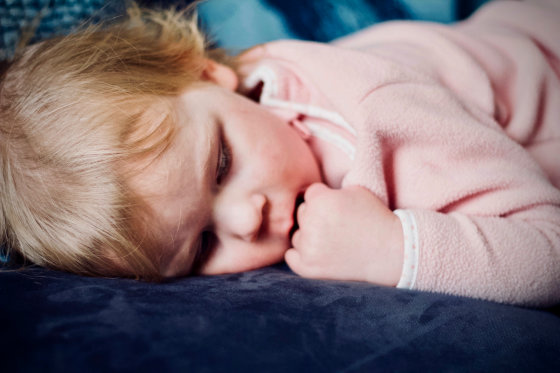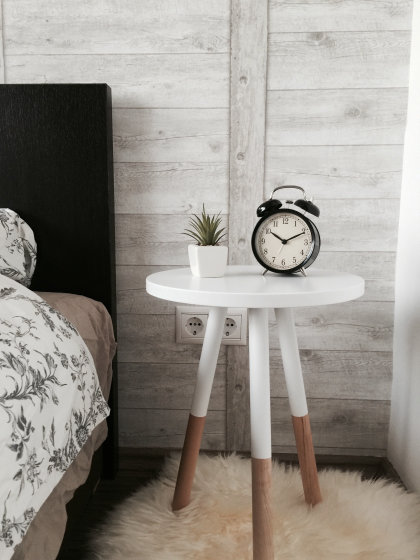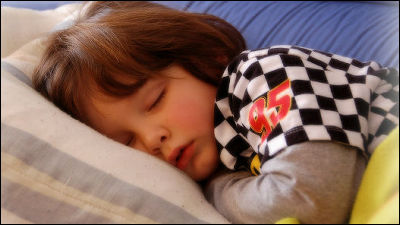'Sleep' is useful in fighting the new coronavirus, what is sleep that boosts immunity?

The amount of sleep required for a person varies from person to person,
Sleep won't cure the coronavirus but it can help our bodies fight it
https://theconversation.com/sleep-wont-cure-the-coronavirus-but-it-can-help-our-bodies-fight-it-134674
◆ What is the mechanism by which sleep becomes a 'shield' that protects the body?
Earlier studies have shown that reduced sleep quality and quantity can affect immunity, and one study found that subjects exposed to rhinovirus had no sleep time at night. However, those who were less than 7 hours were shown to be three times more likely to have rhinovirus-induced infections than those who slept for more than 8 hours. Another study has shown that staying up all day long slows the immune response and slows the body's ability to recover.
During sleep, proteins called cytokines are released in the human body that are important in fighting infections and inflammation, helping to respond to stress. Shortened sleep times and poor sleep quality result in reduced levels of these cytokines, resulting in reduced immunity. The relationship between sleep and the new coronavirus infection (COVID-19) is not yet known, but it is thought that the same can be said for COVID-19 due to the general body structure.

Insufficient sleep also causes a biological stress response that increases
In other words, sleep is considered a 'shield' against stress. Lack of sleep is equivalent to 'breaking the shield', and a weaker shield is more vulnerable to stress. However, if you sleep well, the shield will recover.
◆ Tips for getting enough sleep
To get enough sleep, you should try to go to bed 8-9 hours before waking up. However, even if you don't have time to sleep, it is important to keep the wake-up time constant.

It is also important to prepare the environment around the bedding. The following methods can also help.
・ 1 hour before sleep, turn off the lights
・ Minimizing noise
・ Optimum room temperature using fans and air conditioners
In addition, bedtime routines are important to mentally relax and prepare for sleep. An example of the routine is as follows.
1 hour before going to sleep in bed, set a wake-up alarm and signal 'soon to sleep'
・ Take a warm bath or take a shower
・ Leave your smartphone or other display one hour before entering the bed
・ I make time for reading and stretching and listen to gentle music
In addition, there are three ways to reduce stress and improve sleep quality:
-Exercise during the day. Exercise in the sun, especially in the morning
Incorporate relaxation into your daily cycle
・ Do not consume caffeine, tobacco or alcohol several hours before going to sleep
Related Posts:
in Science, Posted by darkhorse_log







